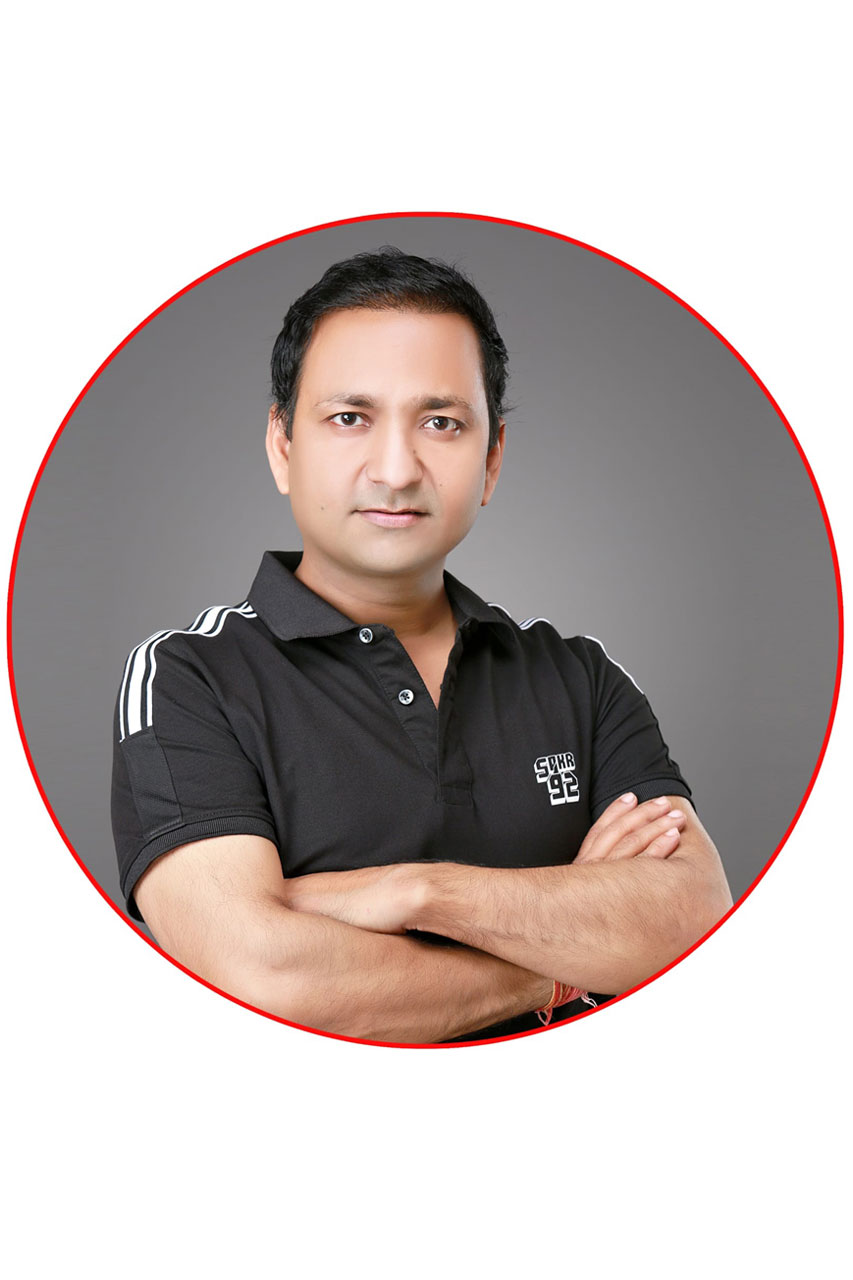



Ashutosh Sir(24/09/81) Cracked IIT-JEE in 1999(A.I.R.-2358)and completed his B.TECH. from IIT-BHU.He has a vast teaching experience of 15 years and has transformed several struggling aspirants into IITians and Medicos.His passion for teaching knows no bounds.
He is an accomplished teacher of Physics, who has taught the subject for 15 years now. With his extensive teaching experience he has developed a sound knowledge repository of the subject and the teaching skill set that facilitates students to correlate Physics with day-to-day life examples. He can make them see beyond the equations.
Students say that they have developed a lifelong love for the subject, and have never felt more confident in their abilities when it comes to remembering and implementing the theories, laws, principles and equations of Physics in any live practical or theoretical scenario. Solving questions in any competition exam just becomes a child's play for them.
He is mature and a true professional when it comes to teaching his favorite subject, i.e. Physics. His simplicity reflects in his methods of teaching too, which make understanding and learning Physics a true joy for the students. He fosters their analytical abilities, thereby sparking their curiosity to know more and more. This eventually drives them on their mission to satiate their knowledge hunger successfully and also effectively.
